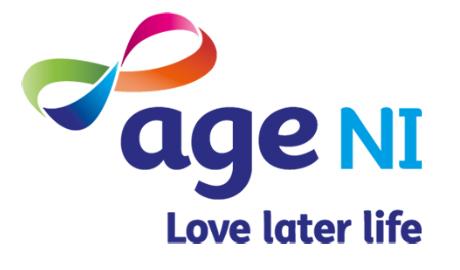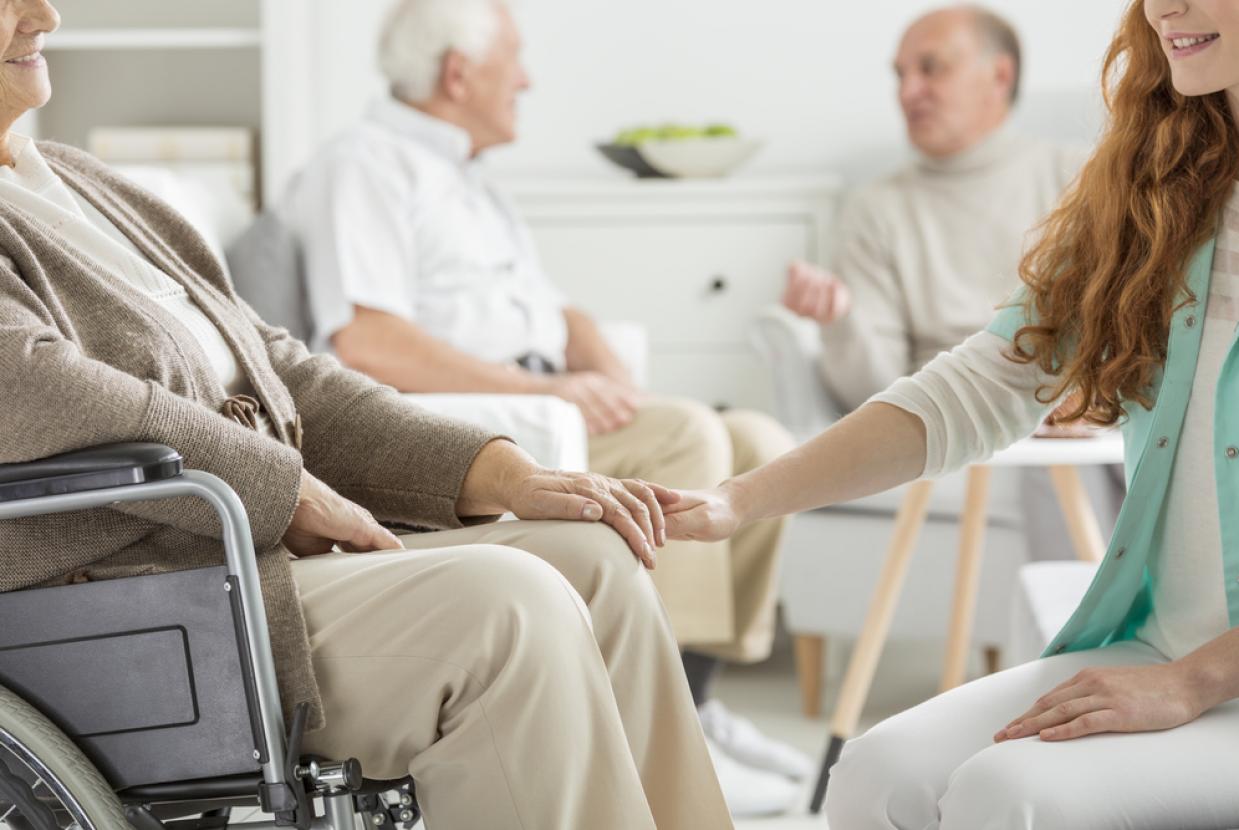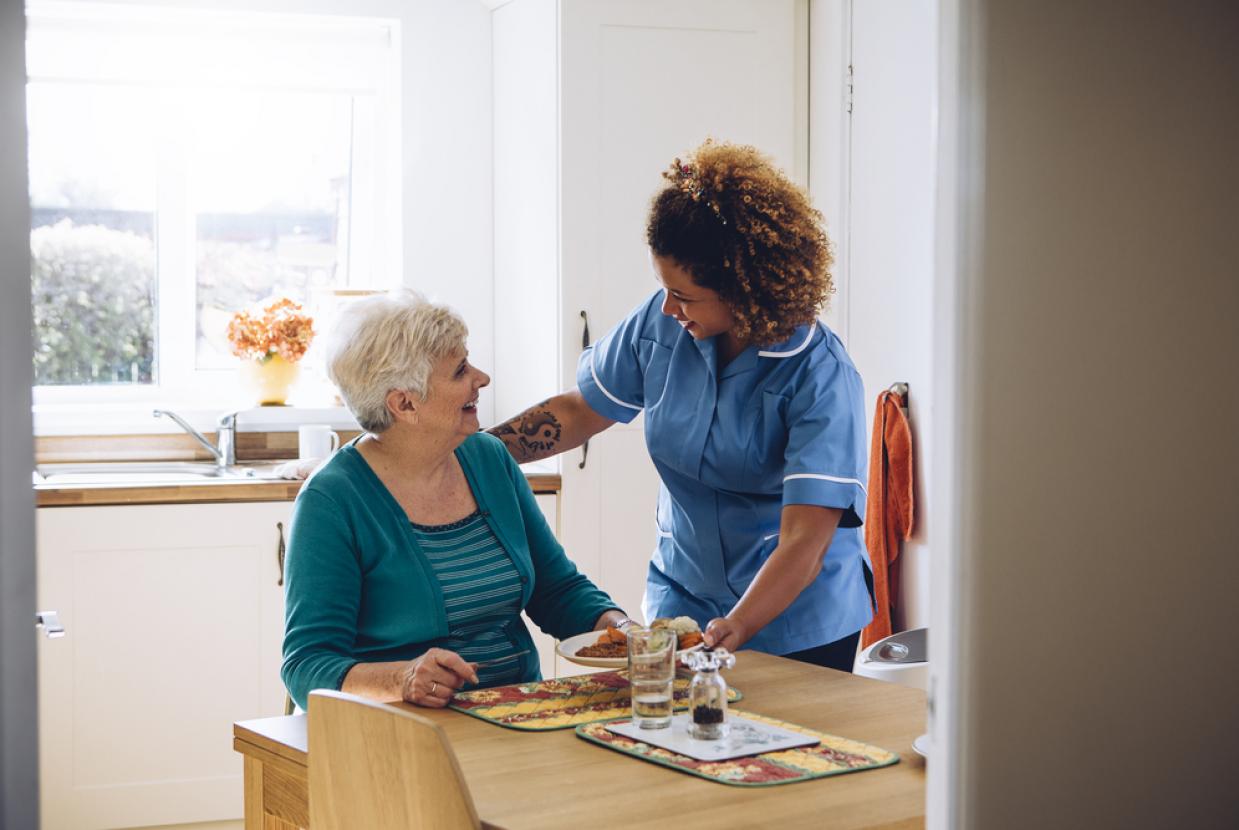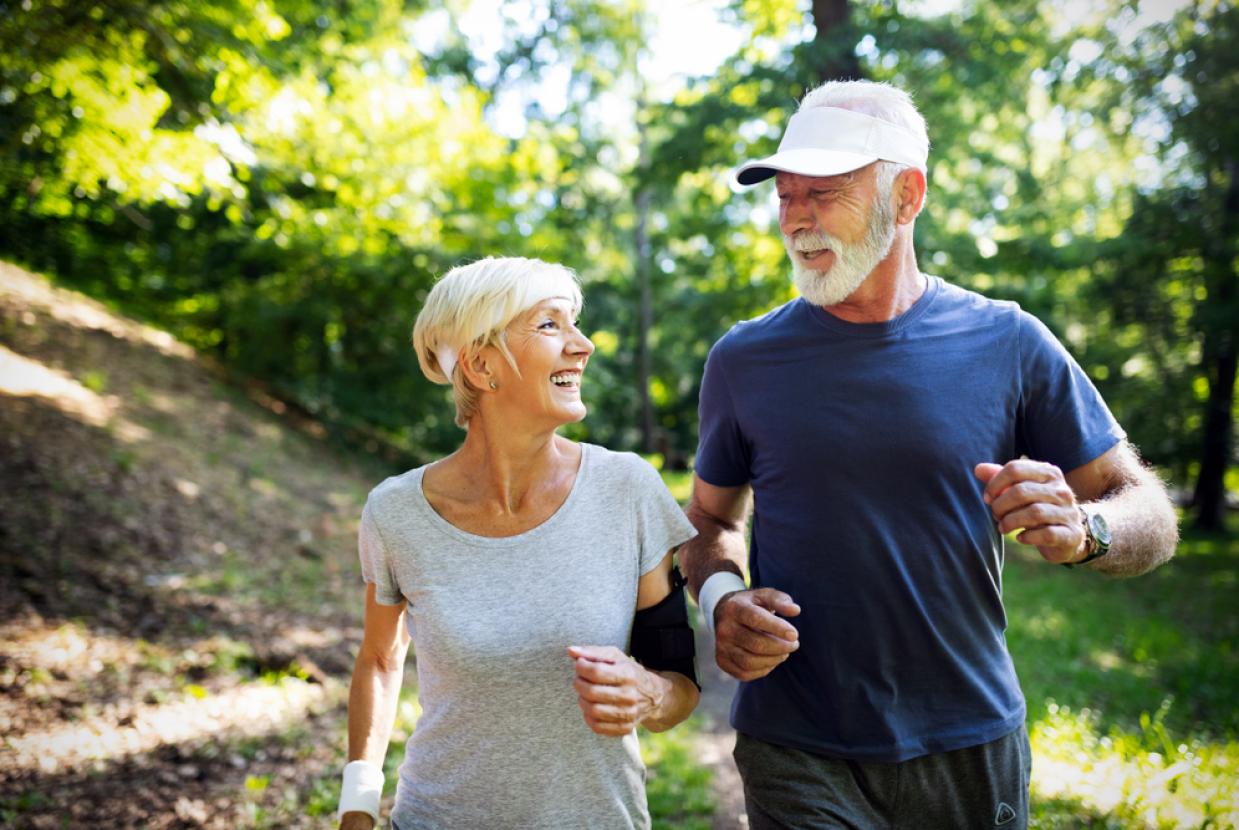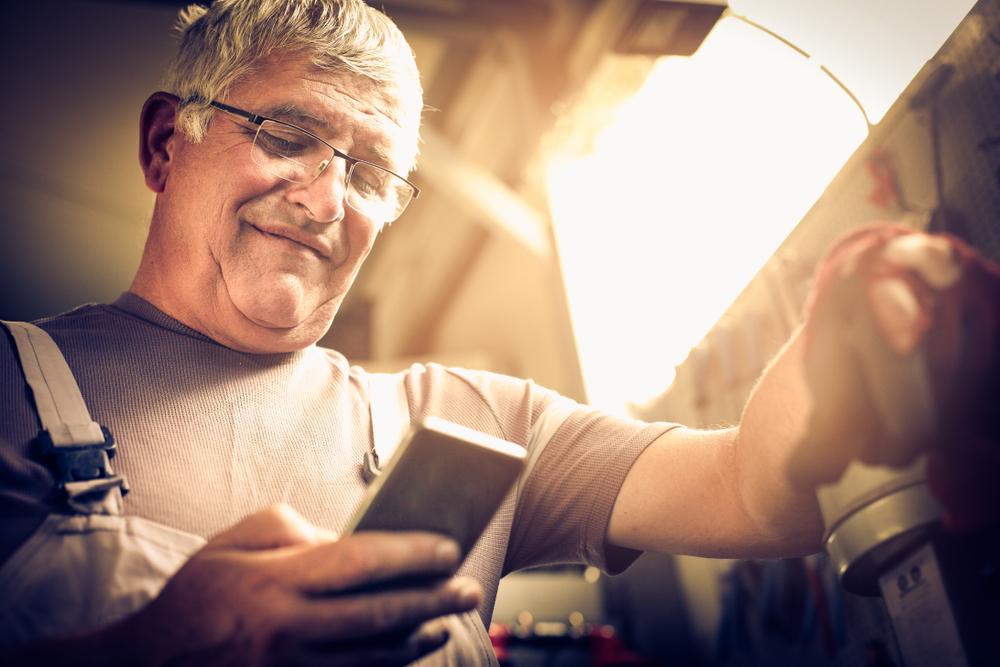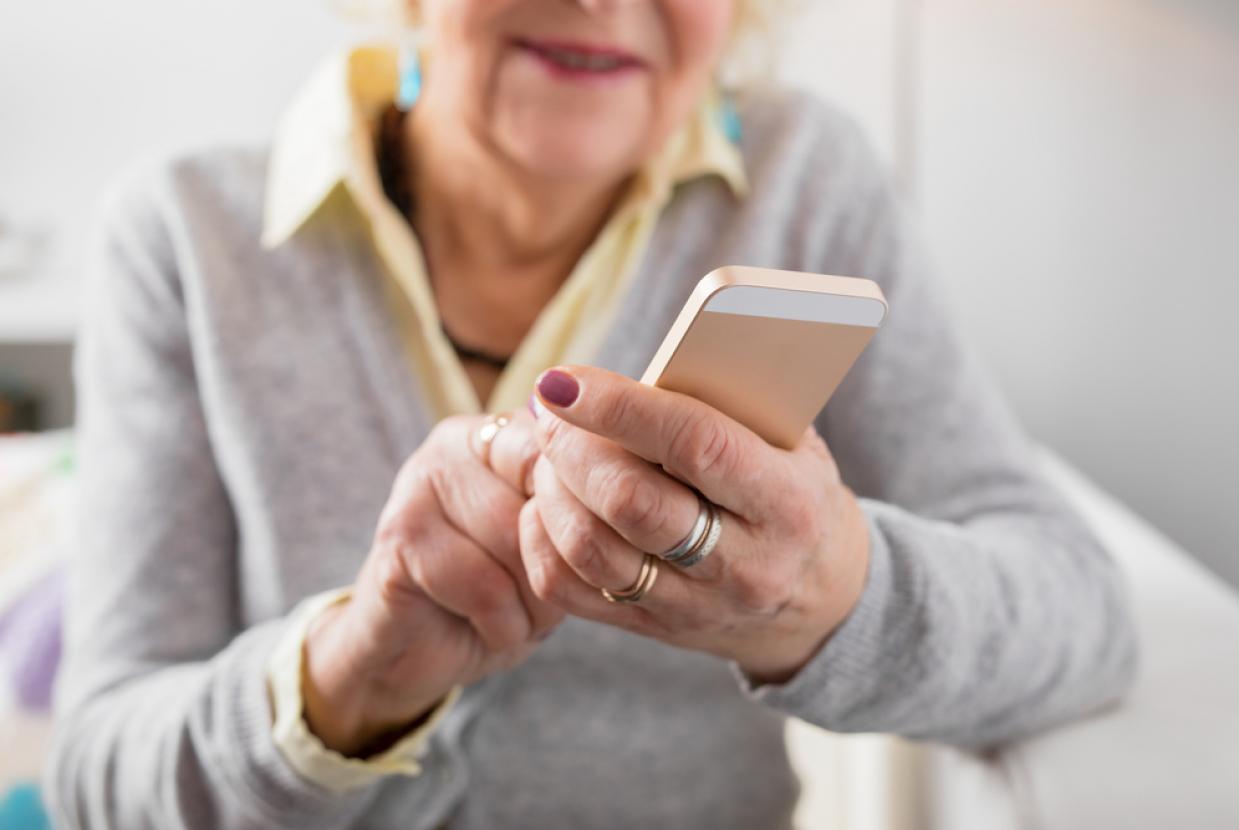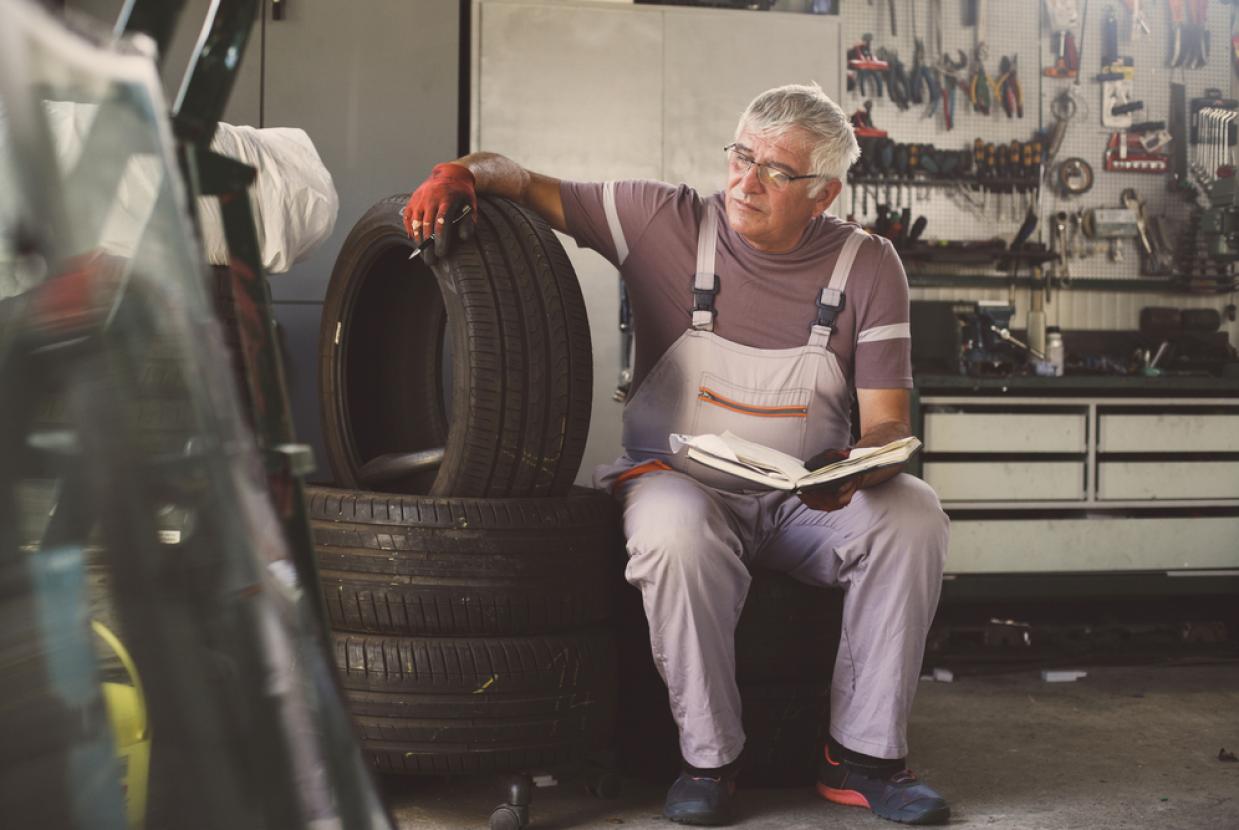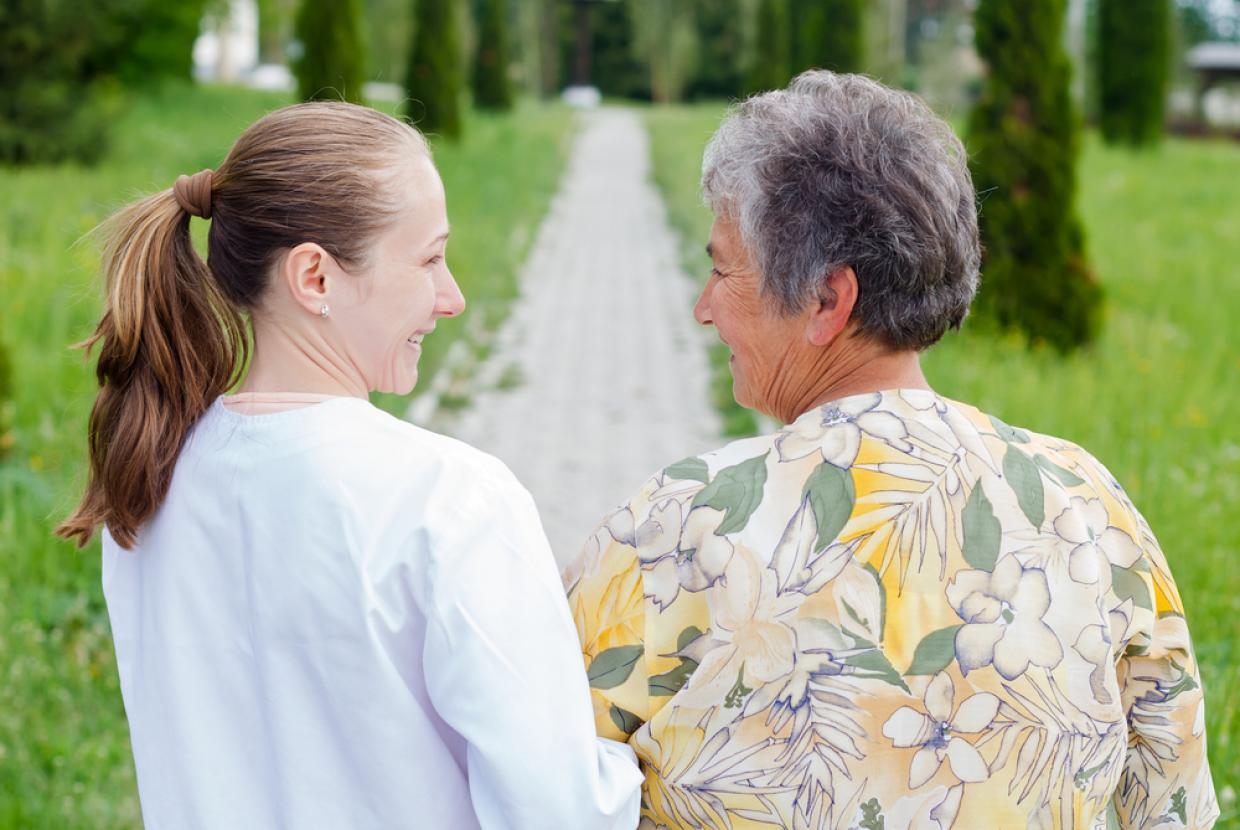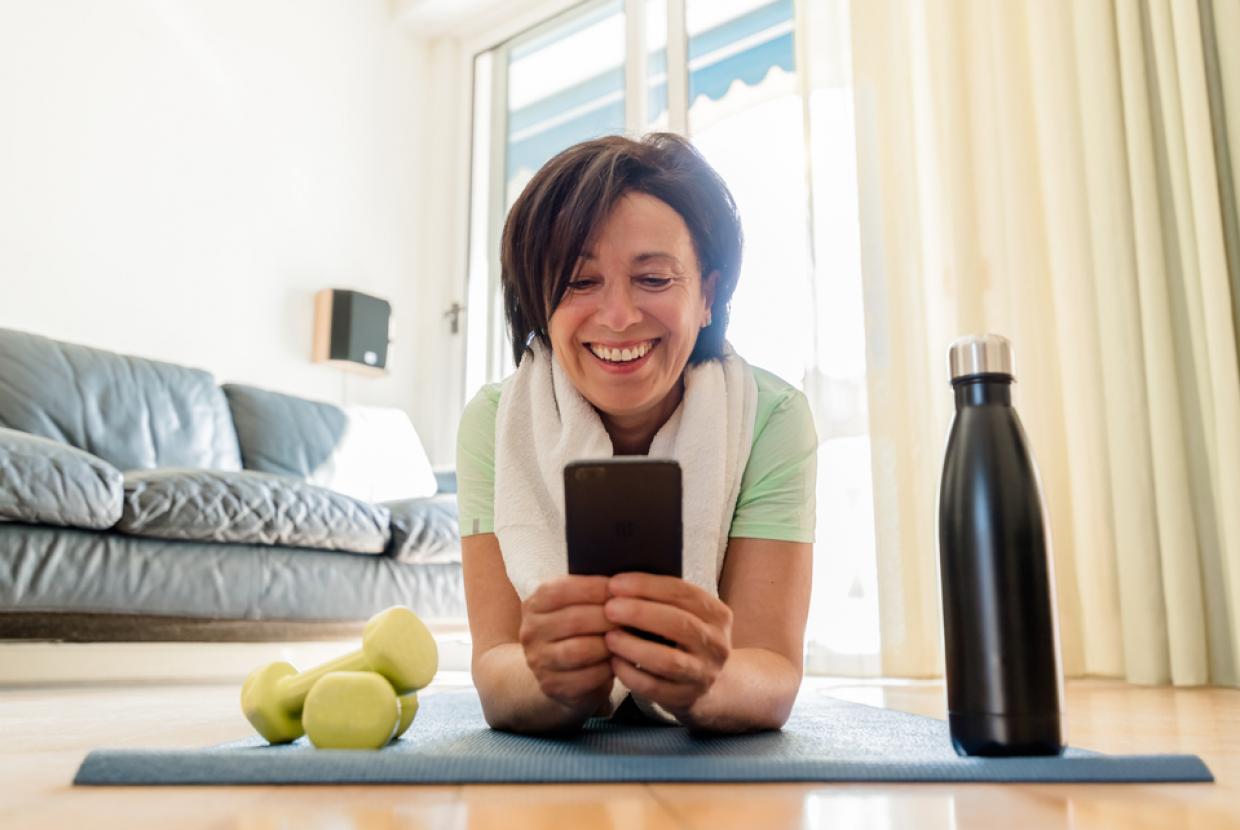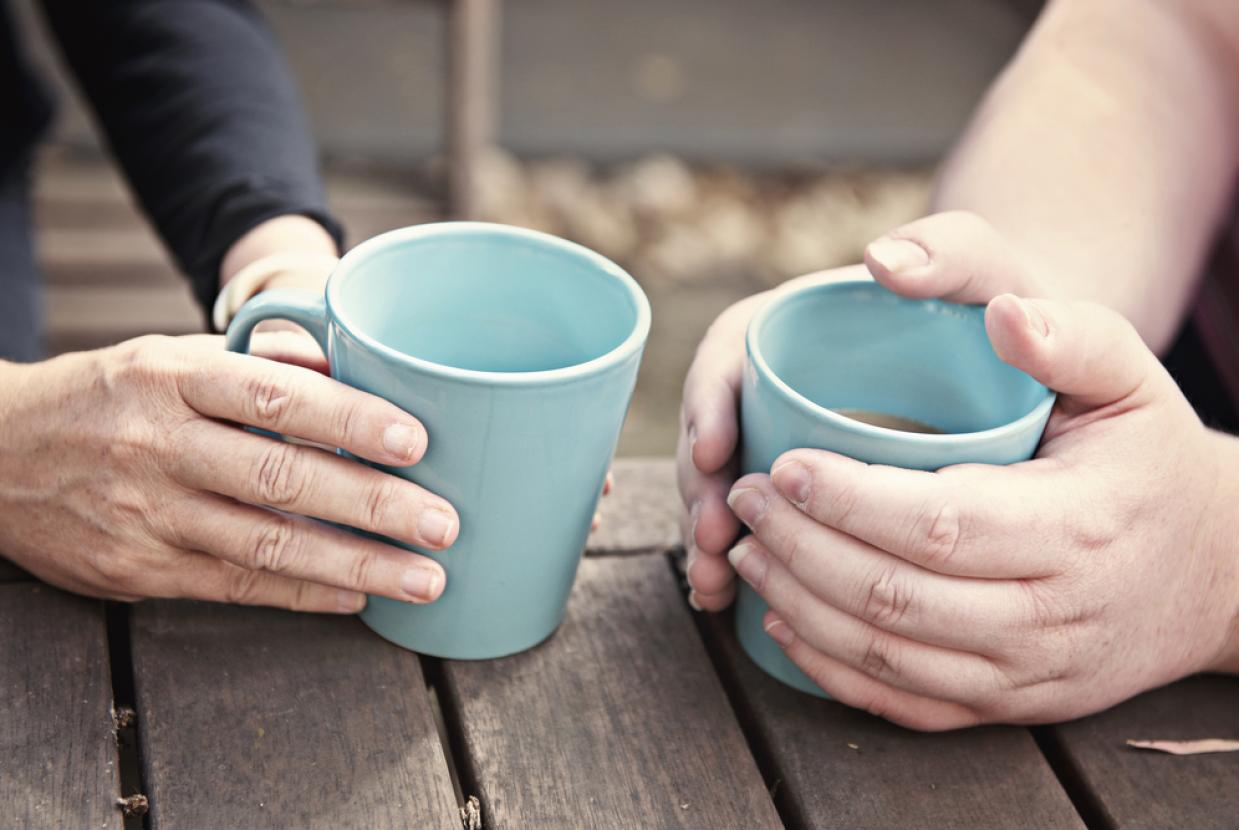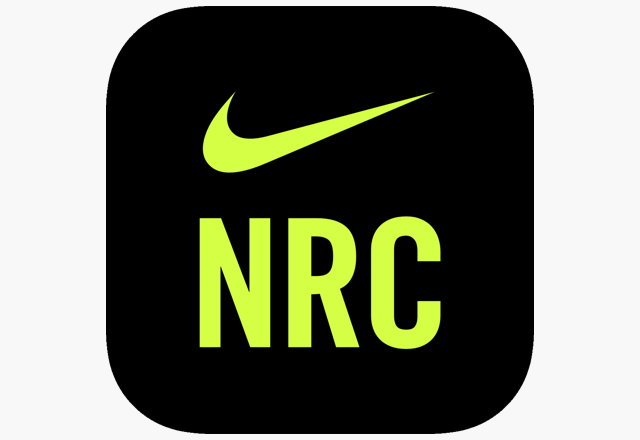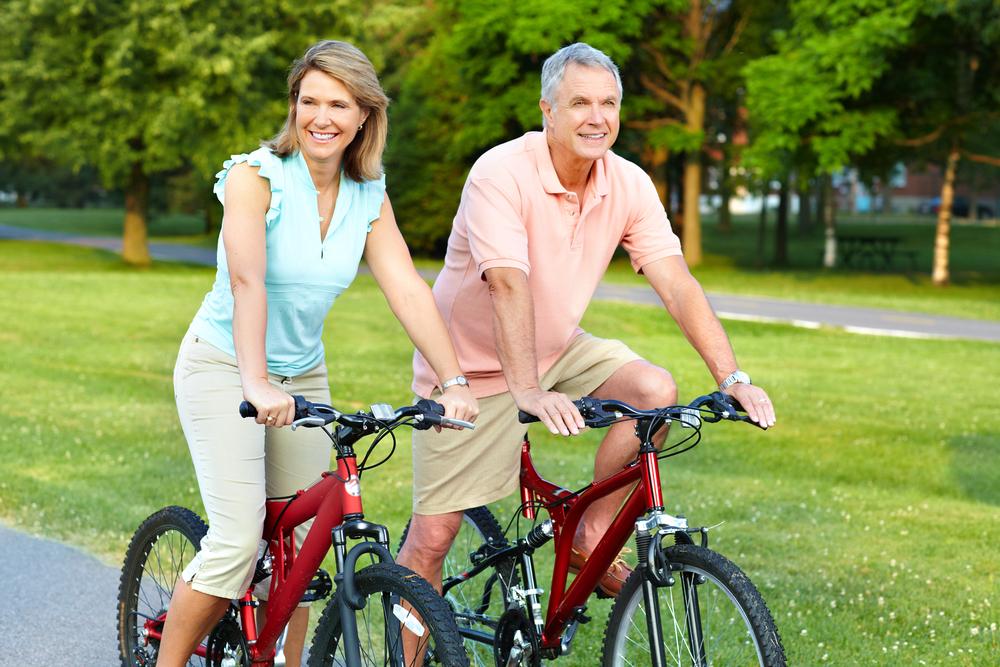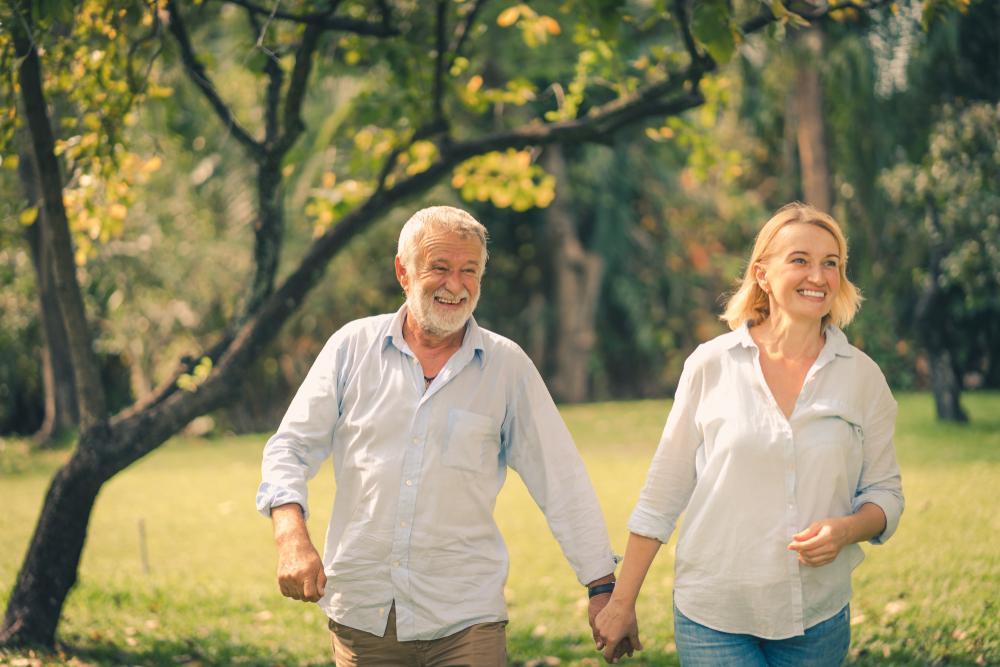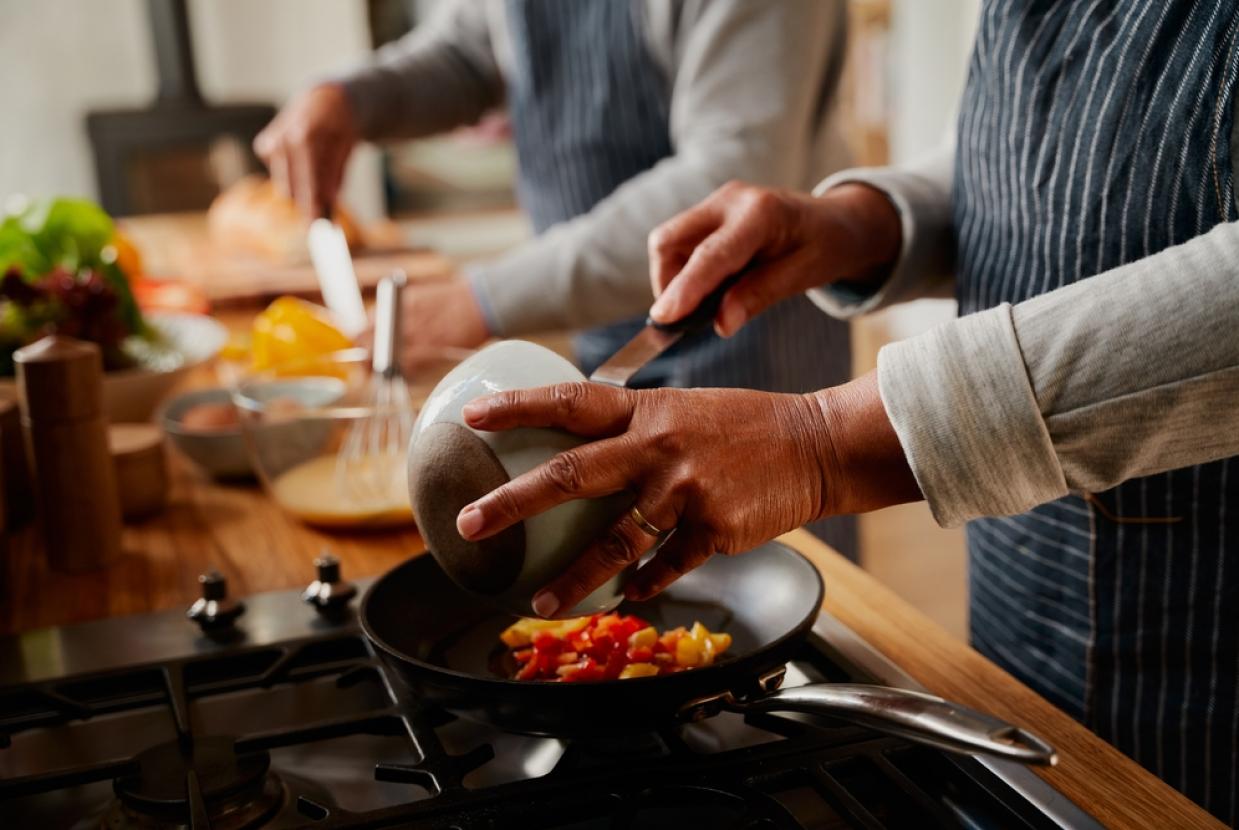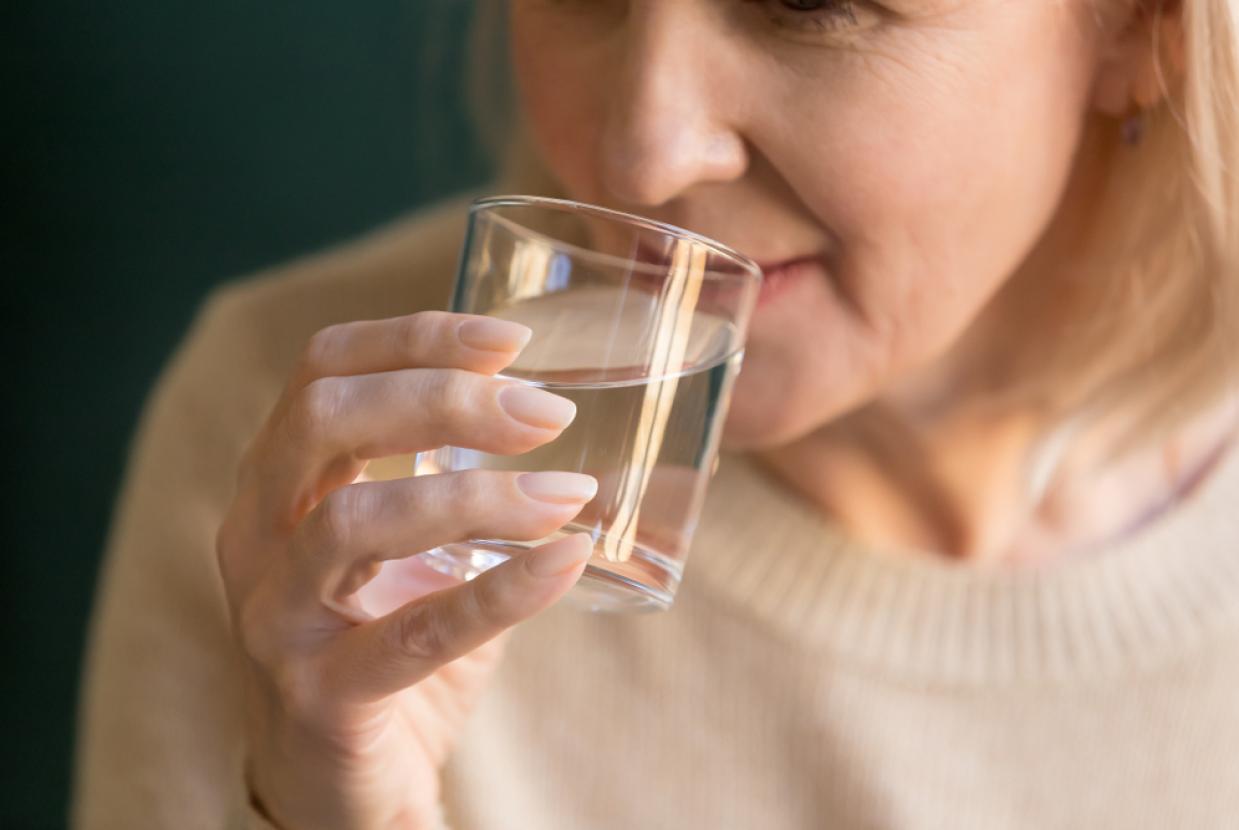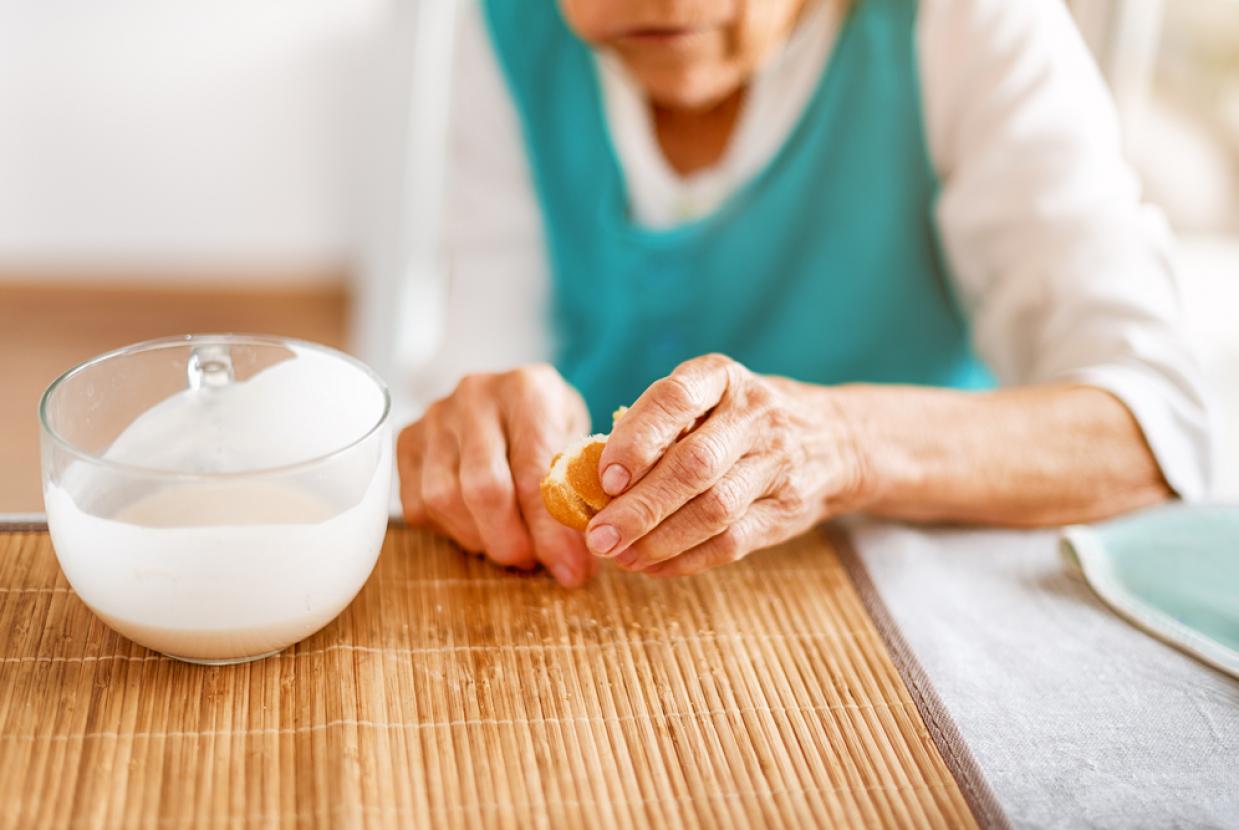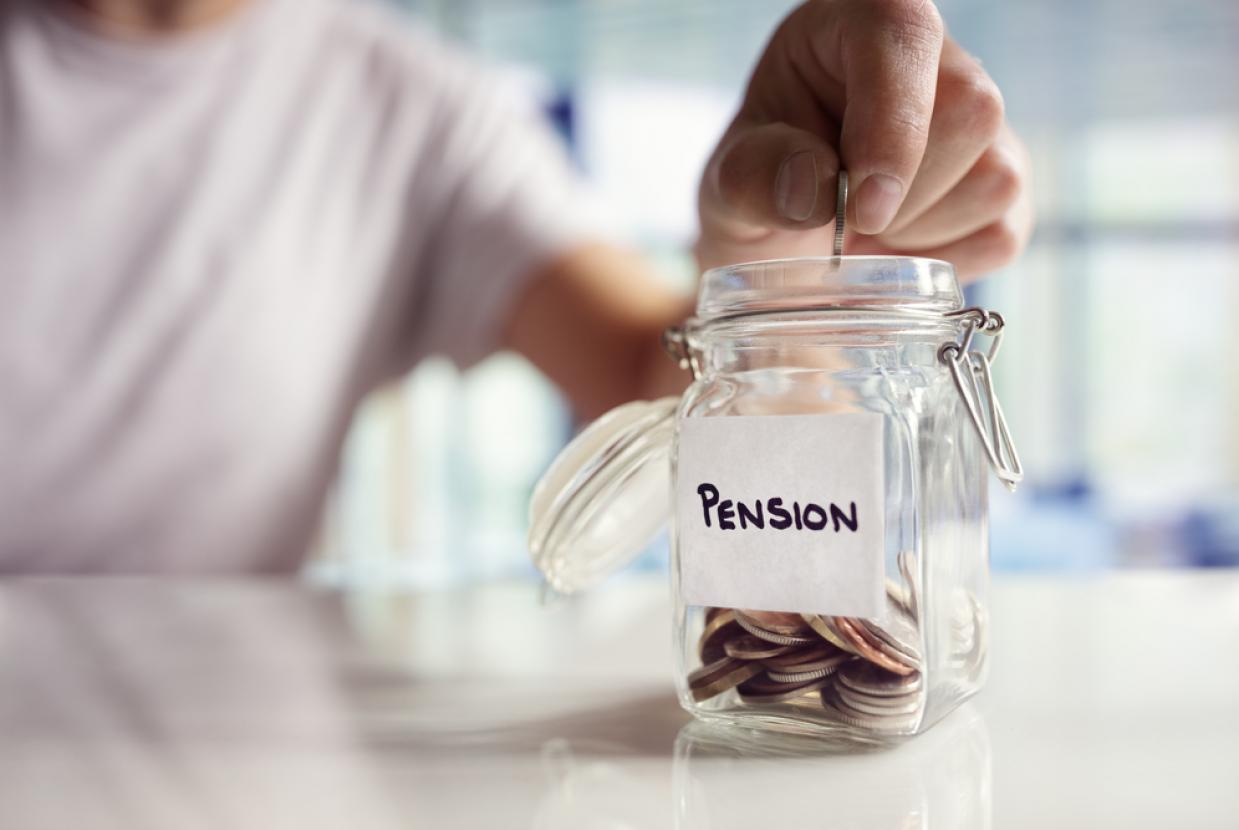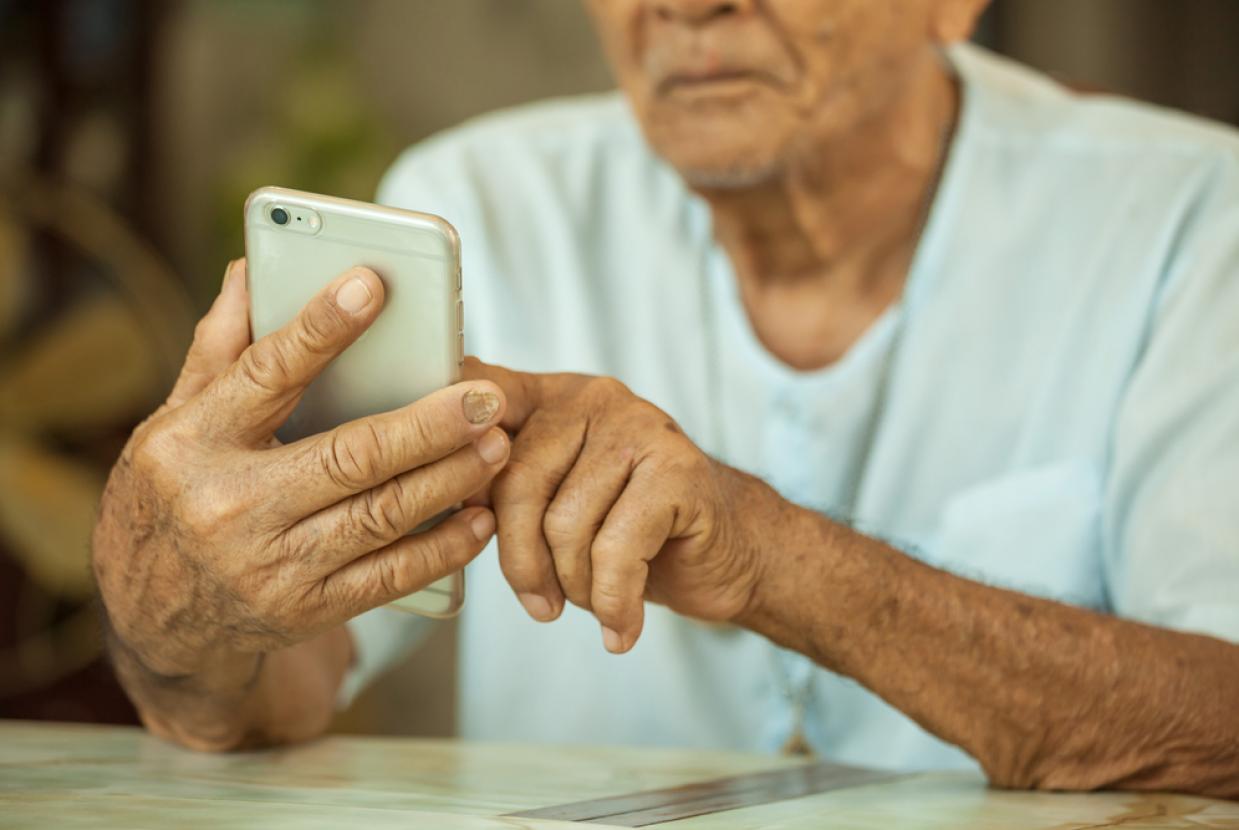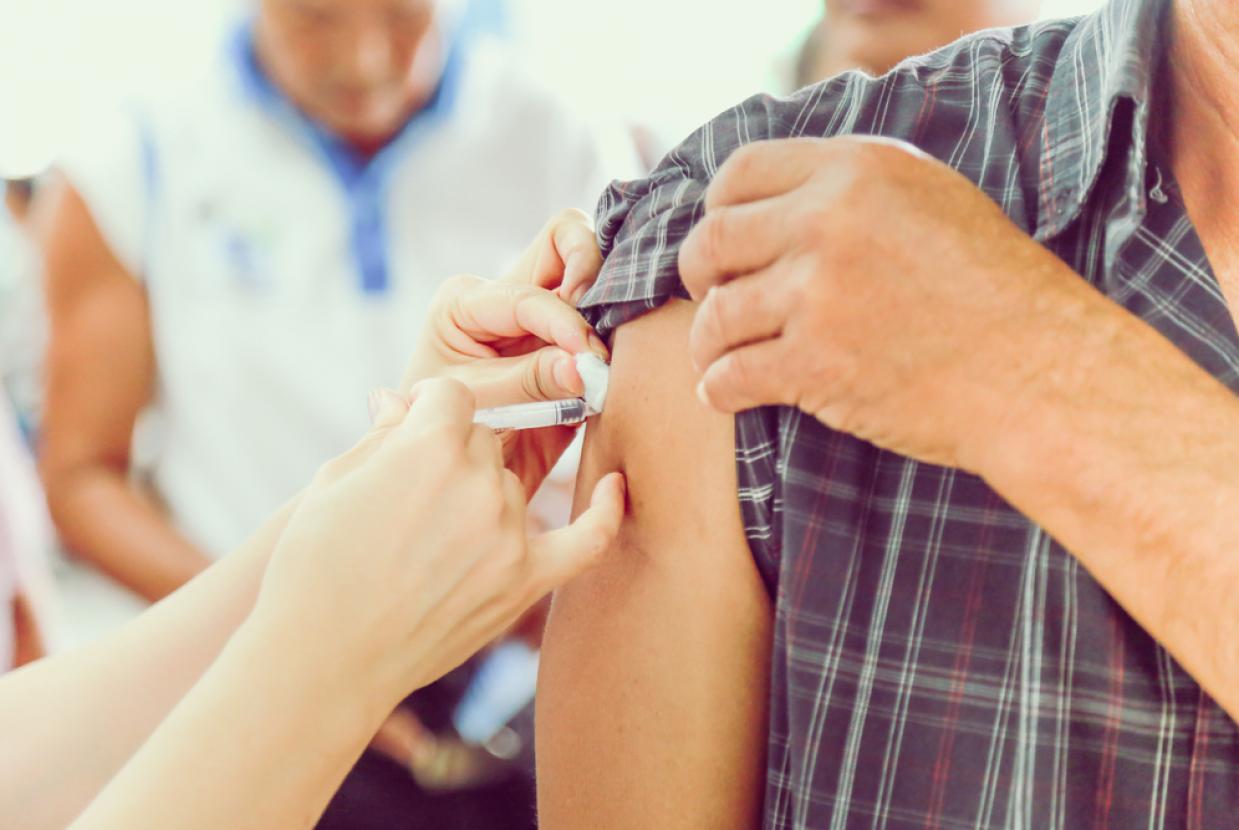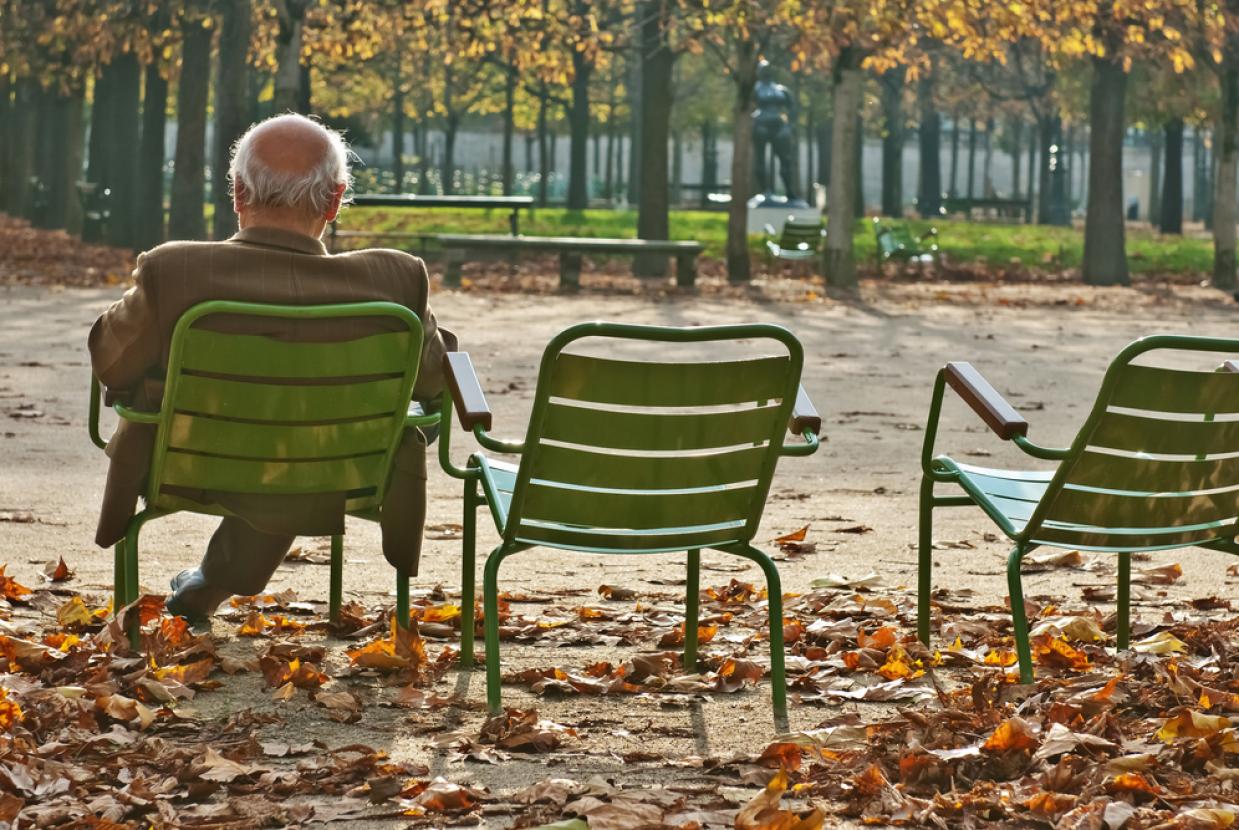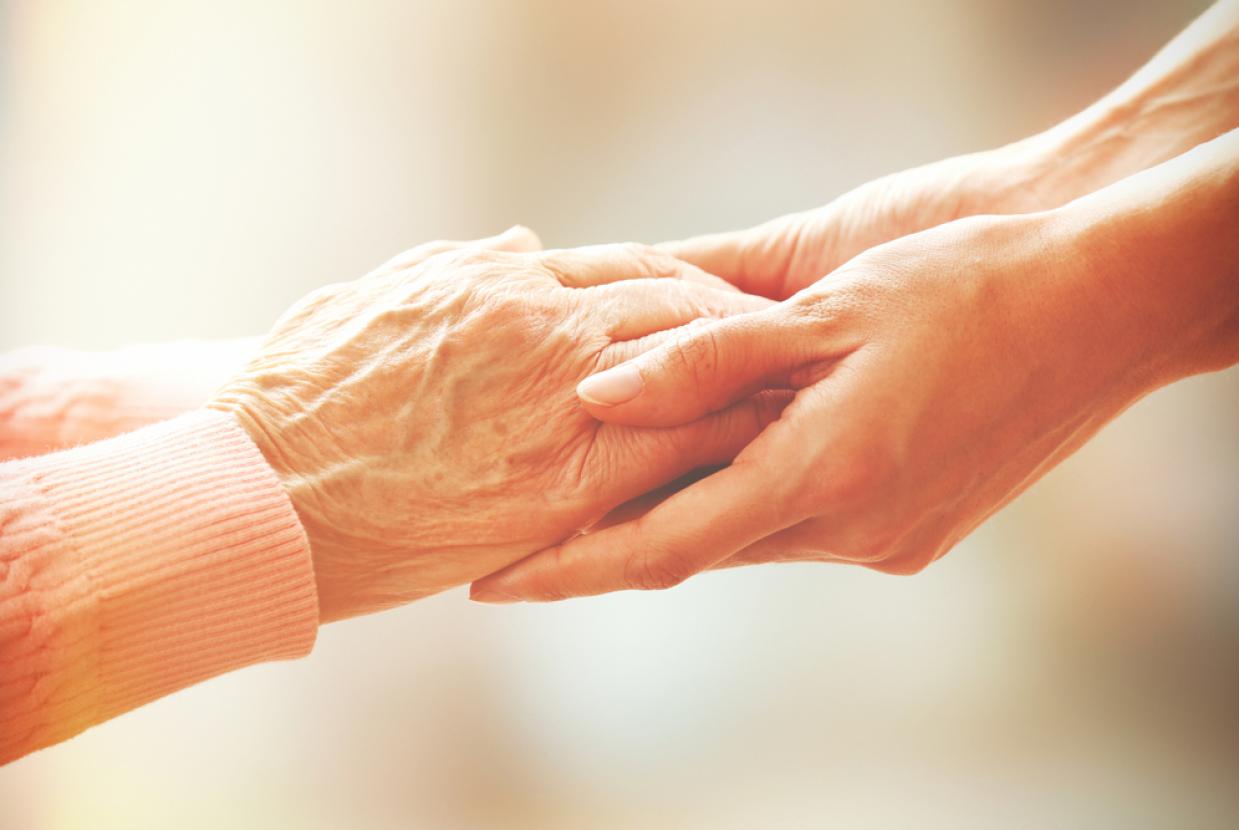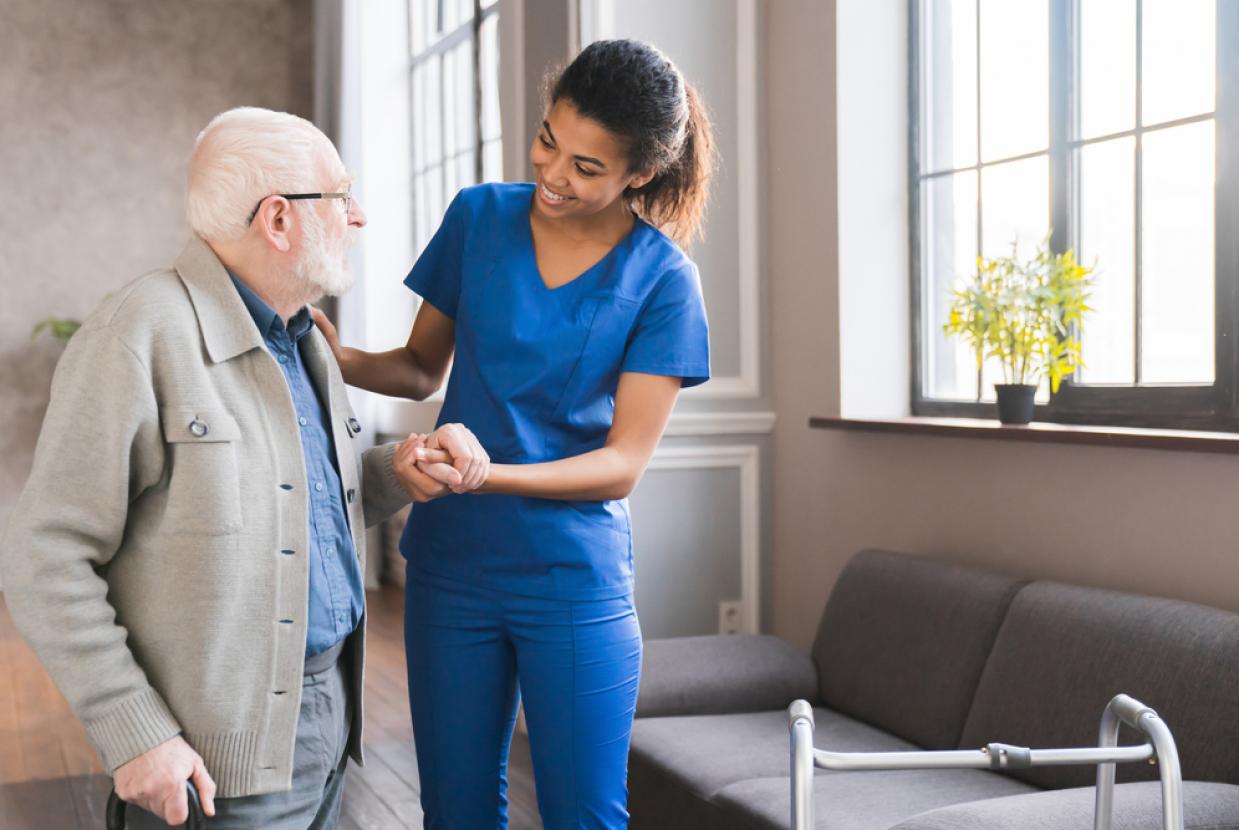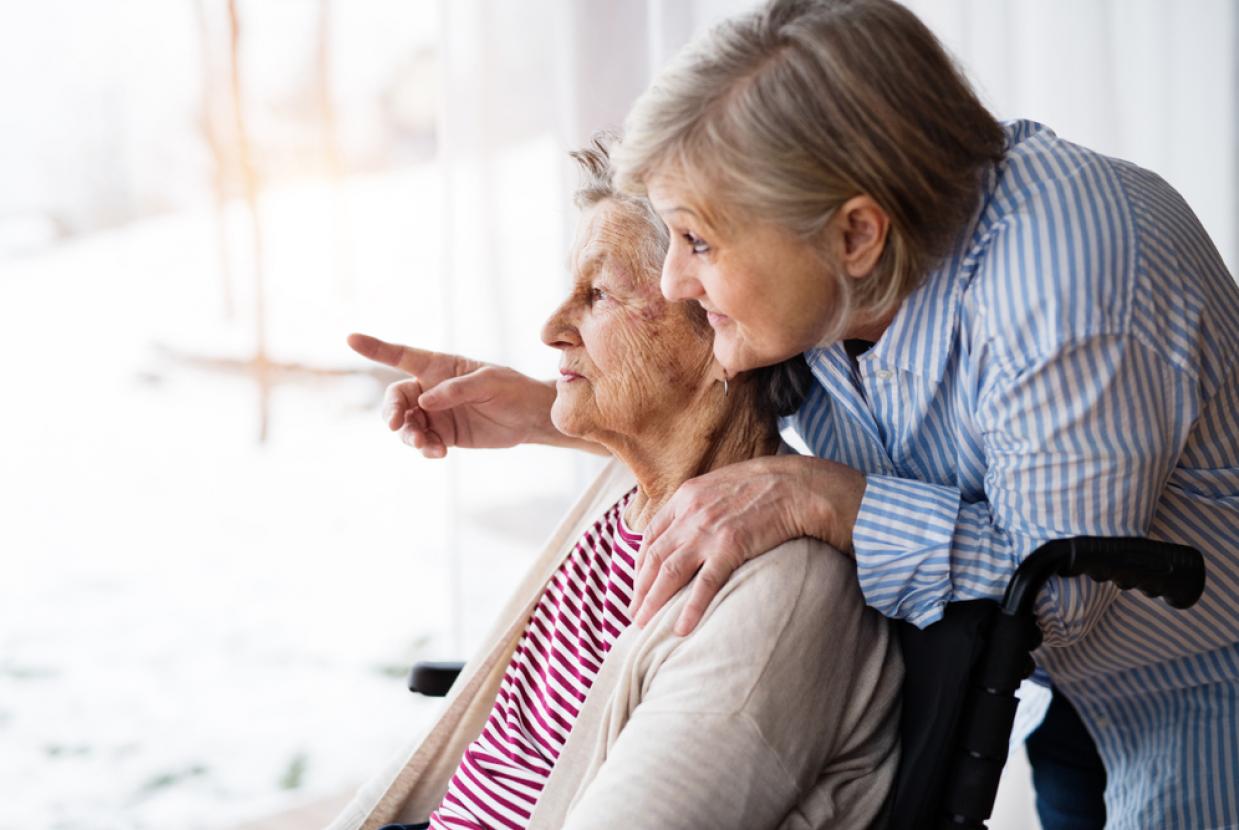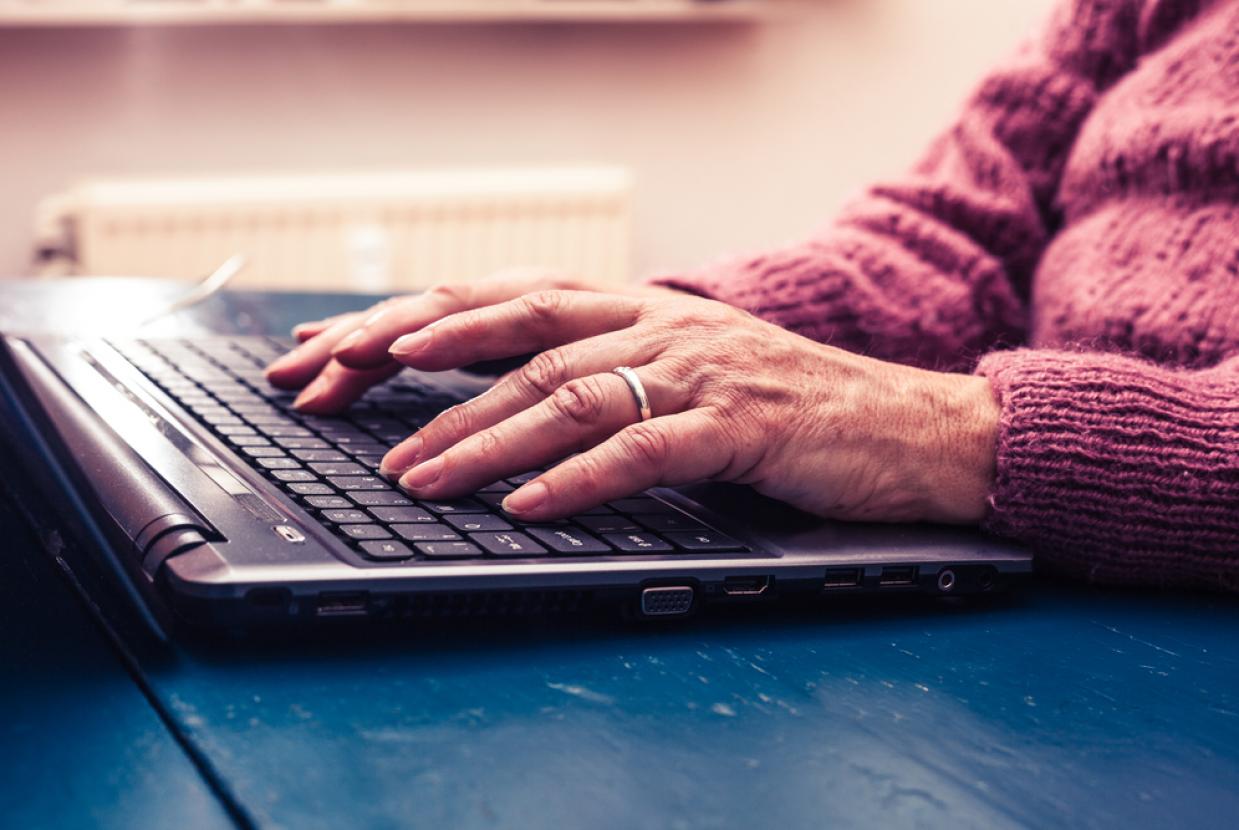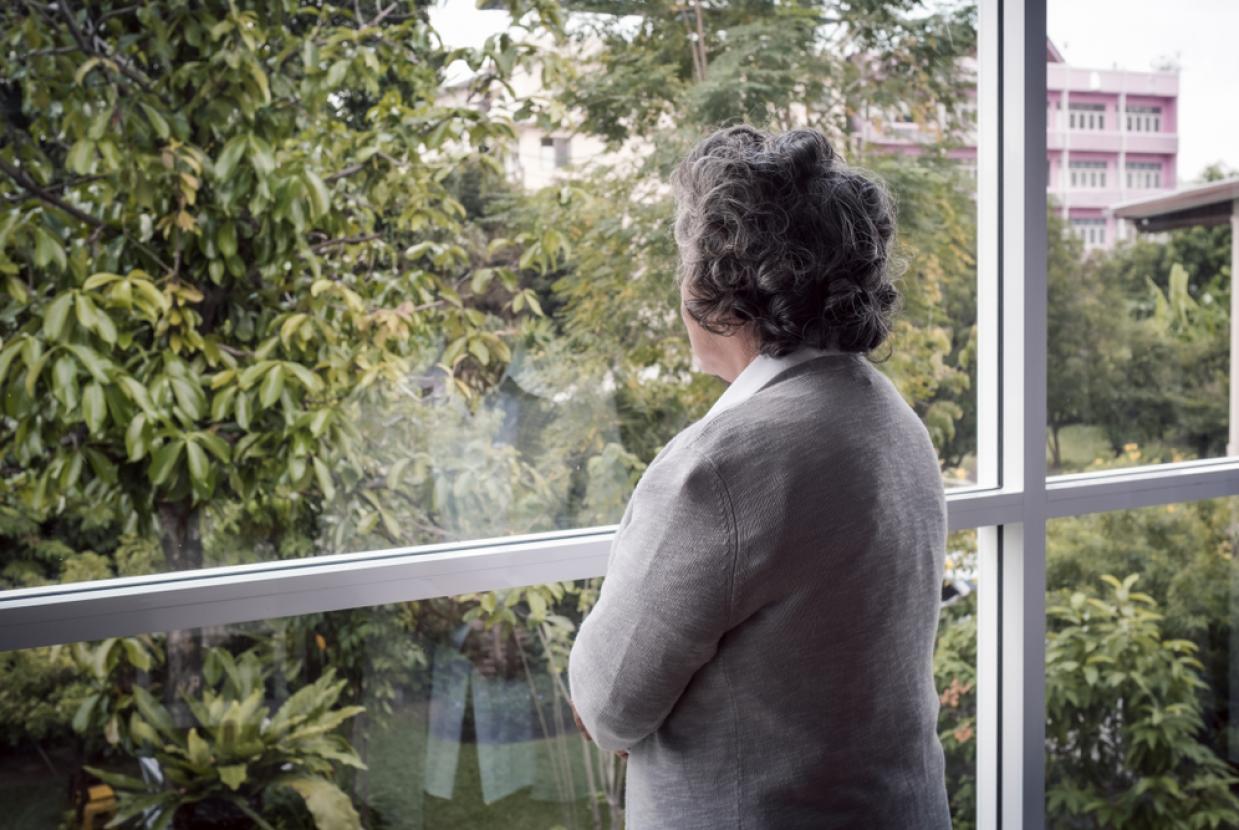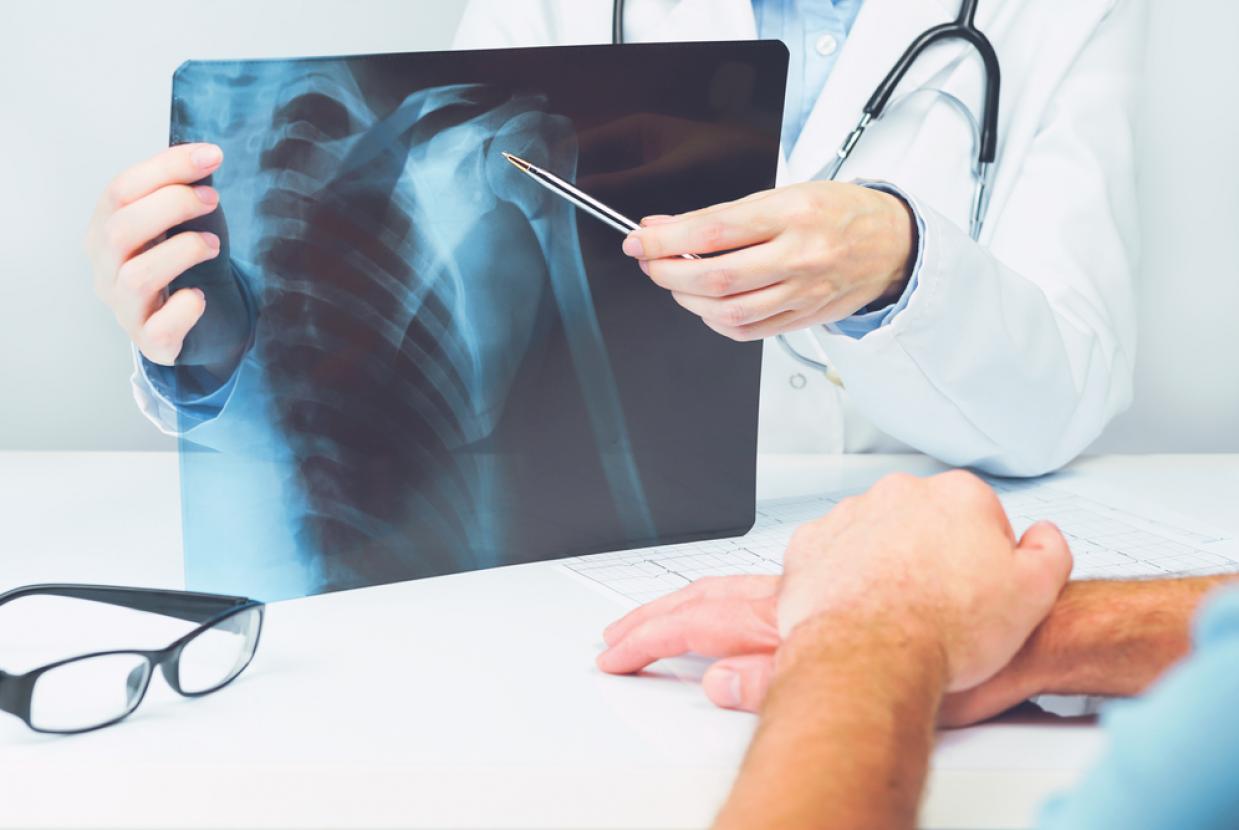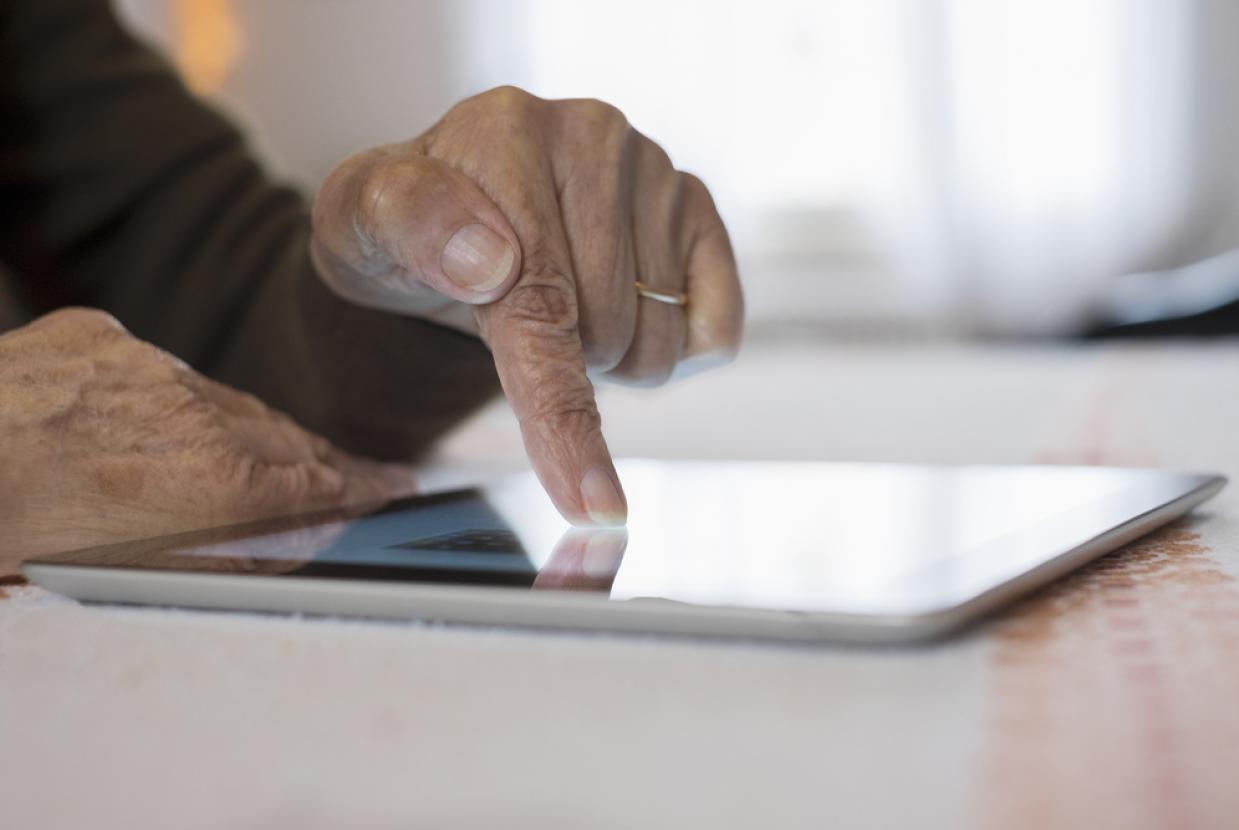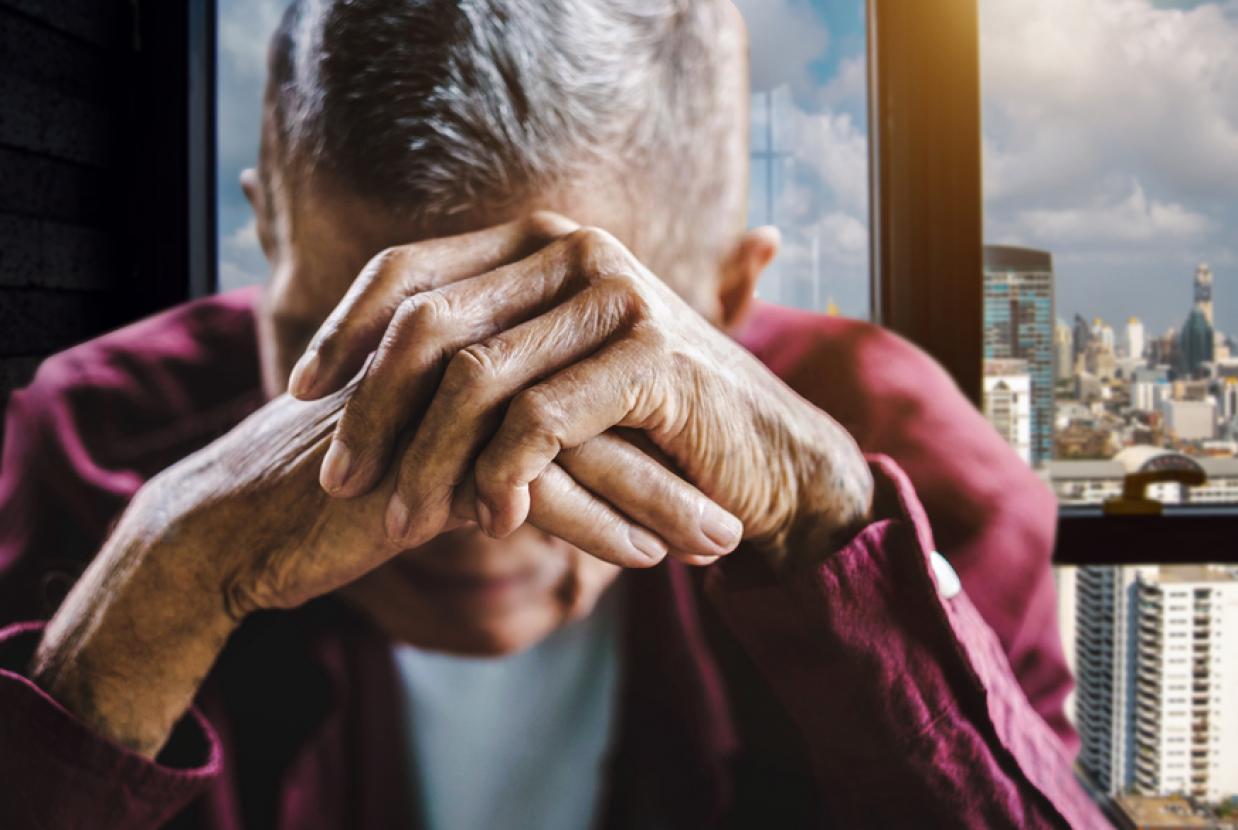Keeping Warm & Well In Winter
Ageing WellChanges to our bodies as we get older mean that cold weather and winter bugs affect us more than they used to.
What you can do to stay warm and well
As we age, our immune systems become weaker and less able to fight off viruses. We gradually lose the muscle mass that helps us keep warm and moving about. The cold also makes health conditions harder to manage – it can even affect our hearts and circulation.
Keep moving
Try not to sit still for more than an hour at a time. Even a little bit of activity now and then can help you maintain strength and mobility.
This can be easier said than done. You might well have found that you're not feeling as fit as you did before the coronavirus pandemic started – if so, you're not alone. Lots of us are finding things we used to do less easy, but even some gentle movement while sitting down can help.
The most important thing is to do what you're comfortable with and build up slowly.
If you're not sure where to start, or you have a long-term condition that makes moving more difficult, our being active pages have advice and tips, as well as some simple chair-based exercises you can add to your daily routine.
Eat well
It can sometimes be difficult to keep up the motivation to prepare meals. But it's good to try and keep to a routine where you can. If you've recently lost weight without meaning to, or if you have a smaller appetite than usual.
The main thing to remember is that it's better to eat a bit of what you fancy than to eat nothing – even if it's just a slice of cake.
It's a good idea to keep your cupboards stocked with some basics just in case you can't get out to the shops – whether due to illness or bad weather.
This winter many of us may be worried about the rising cost of living, making shopping for groceries and using energy to cook and heat food more expensive.
The British Dietetic Association (BDA) has some tips for saving money on your shopping and reducing food waste, as well as some budget meal ideas. If you're worried about being able to afford food, the BDA also has some information on local food banks and useful helplines.
Get your winter vaccinations – even if you're fighting fit
Respiratory viruses are more widespread in winter, so it's especially important to get your vaccinations. Vaccinations are particularly important this winter as flu and coronavirus levels are expected to rise due to an increase in social contact.
Those aged 50 and over are eligible for a coronavirus booster jab. And it's not too late to have your first jabs if you haven't yet.
You're entitled to a free flu jab from the doctor or pharmacist if:
- you're aged 50 or over
- you care for someone, such as a friend or family member
- you have a serious long-term health condition
- you live in the same house as someone who is immunocompromised
- you're in long-stay residential care.
Make sure your home is warm enough
Try to heat your home to a steady and comfortable temperature throughout the day in the rooms you use most, such as the living room and bedroom. If there are rooms you don't use, like a spare bedroom, turn off the radiators here and close the doors. This will help you save on energy costs while keeping warm in winter. Close all the curtains at dusk to help keep heat in.
It's a good idea to keep your bedroom window closed at night when the weather is at its coldest.
Stop the spread of germs
As well as getting vaccinated, there are some other simple measures we can take to reduce the spread of illness.
Regularly washing your hands with soap and water is one of the best ways to stop germs from spreading. It's a good idea to keep some antibacterial gel with you when you're out and about, too.
You can also:
- catch coughs and sneezes in a tissue
- choose to wear a face covering in busy indoor spaces, like shops
- leave windows ajar to let fresh air circulate when meeting people indoors
- avoid close contact with people who are unwell.


